Chinese President Xi Jinping returns to Europe to seek benefits in maintaining and developing relations with traditional partners.
The May 5-10 trip to France, Serbia and Hungary is Chinese President Xi Jinping's first visit to Europe in five years.
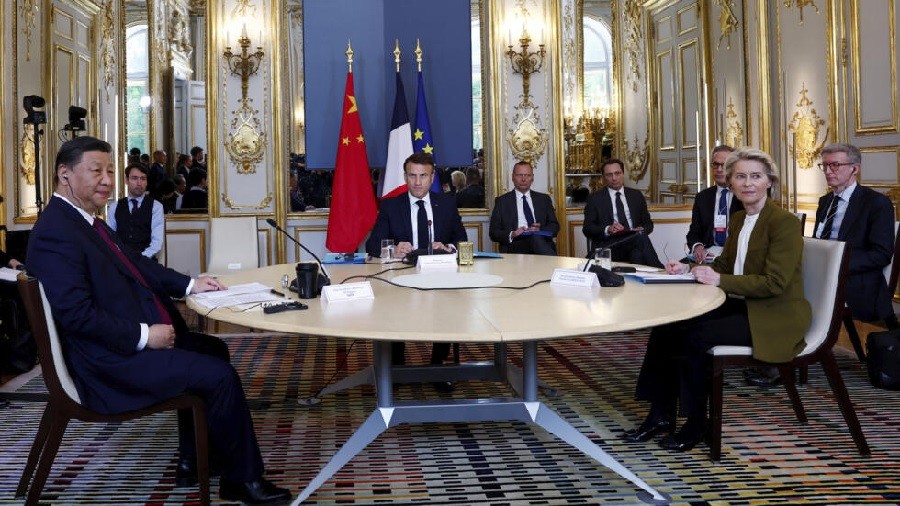 |
| From left: Chinese President Xi Jinping, French President Emmanuel Macron and European Commission President Ursula von der Leyen attend a trilateral meeting at the Elysee Palace in Paris on May 6. (Source: AP) |
Separation from China is illogical
Upon arriving in France on May 6, President Xi Jinping hailed the China-France relationship as a “model for the international community of peaceful coexistence and mutually beneficial cooperation between countries with different social systems,” building on last year’s declaration of a China-France “global strategic partnership.”
During their talks with host President Emmanuel Macron, the two sides agreed to build consensus on global cooperation in areas such as responding to climate change, maintaining biodiversity and reforming the global financial system. On international issues, the two leaders called on all parties to make efforts to achieve an immediate and comprehensive ceasefire in the Gaza Strip; promote peace negotiations on the situation in Ukraine and seek a political solution to the Iranian nuclear issue. On this occasion, the two countries signed 18 cross-sectoral cooperation agreements on aviation, agriculture, green development, small and medium-sized enterprise cooperation, and a number of other fields.
In particular, Xi Jinping held a trilateral meeting with Macron and European Commission (EC) President Ursula von der Leyen. Here, the two European leaders hoped that China would cooperate and find a solution to Ukraine. This proposal was made in the context that since the conflict broke out in 2022, Beijing has maintained a cautious attitude on this issue, while strengthening relations with Moscow.
Notably, although China-Europe relations are no longer what they were five years ago, Xi Jinping's visit still received a special welcome from France. President Macron invited the guest from Beijing to the Pyrenees, his grandmother's hometown, to enjoy the atmosphere there and some local dishes. At the same time, speaking to the France-China Business Council, the leader emphasized: "Our common goal is to maintain relations. Separating from China is illogical. It is the desire to maintain national security, to maintain mutual respect and understanding."
However, while continuing to expand trade cooperation, France hopes this will be done on the basis of “equality in all aspects, whether it is tariffs, subsidies or market access”. This statement is aimed at the European Union (EU)'s concerns about China's alleged subsidies for electric vehicles, restrictions on market access for foreign companies and continued overproduction.
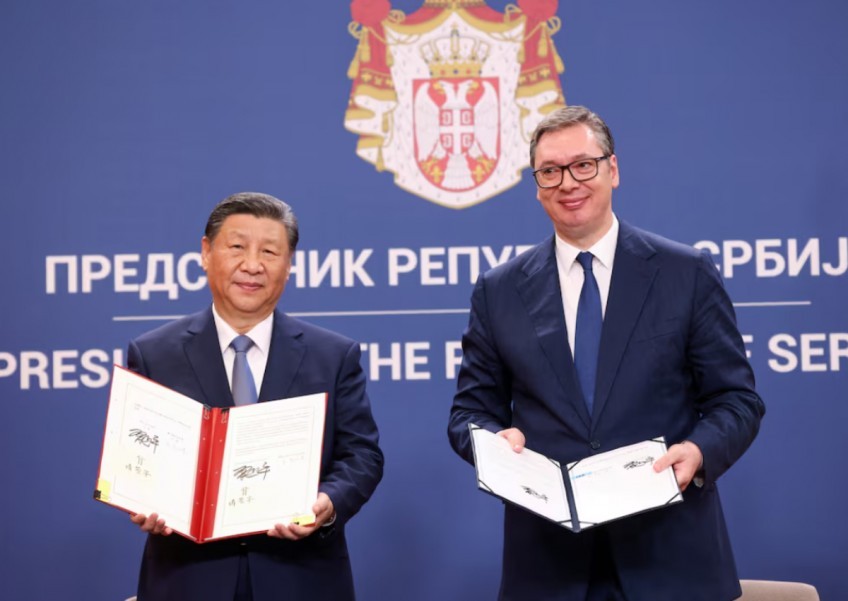 |
| Serbian President Aleksandar Vucic and Chinese President Xi Jinping at the signing ceremony of a cooperation agreement in the capital Belgrade, May 8. (Source: Reuters) |
Not limited to economics
Concluding his two-day stay in France, Xi Jinping visited Serbia and Hungary, two strategic partners of China and leading countries in economic, social and diplomatic relations, within the framework of the previous “16+1” initiative.
Xi Jinping’s trip to Serbia, his second in eight years, will carry a strong political message. It comes on the 25th anniversary of the NATO bombing of the Chinese embassy in Belgrade during its intervention in the former Yugoslavia. For Serbian President Alexander Vucic, the visit is a major achievement given Western criticism of Serbia’s relations with Kosovo. For Xi, for his part, he will have the opportunity to reiterate his support for Serbia’s territorial integrity and his clear political alignment with Belgrade on Kosovo.
Economically, China is attracted to the Western Balkans and Serbia because of its geostrategic location and proximity to EU markets. The Asian power currently has 61 projects worth more than $21 billion in the Balkans. Trade between China and Serbia has increased from less than $450 million (2012) to more than $4 billion (2023). Of course, the relationship between Belgrade and Beijing is not limited to economics. Serbia has signed a $3 billion economic assistance and military procurement package with China. According to statistics, 85% of Serbians have a favorable opinion of China.
Substantive results were evident on the first day of the visit. President Xi Jinping and host President Aleksandar Vucic signed a joint agreement on enhancing bilateral strategic partnership and building a China-Serbia community of shared destiny in the new era, marking Serbia as the first Western country to join this model.
The joint statement by the leaders of China and Serbia stated that the two countries have decided to deepen and further promote their comprehensive strategic partnership. Serbia was the first country in the Central and Eastern European region to become a comprehensive strategic partner of China eight years ago.
The two sides also exchanged more than 20 documents on cooperation in many areas such as promoting legal, regulatory and economic cooperation, with Serbia set to become the first European country to sign a free trade agreement with China in many years.
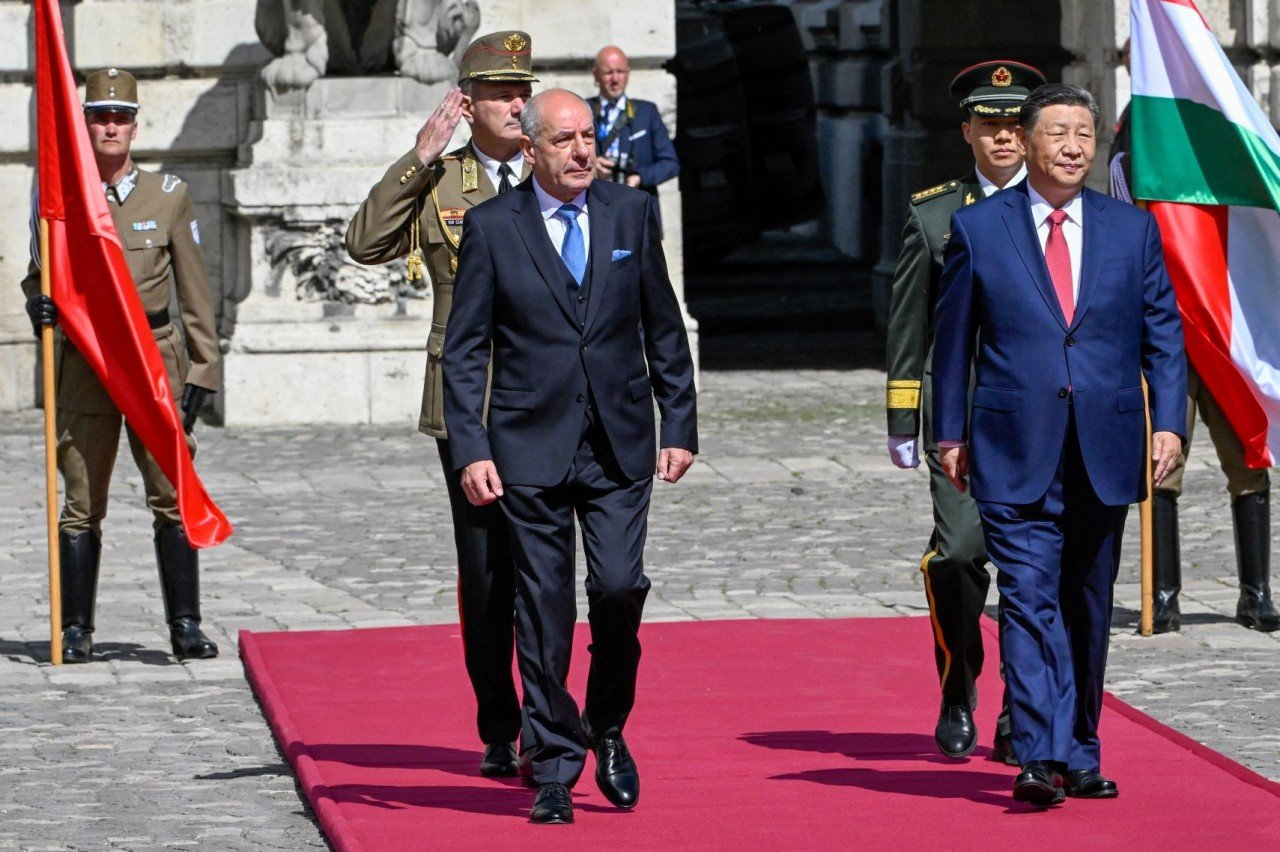 |
| Hungarian President Tamas Sulyok welcomes Chinese President Xi Jinping at Buda Castle in Budapest on May 9. (Source: Reuters) |
Towards a brighter future
After Serbia, Xi Jinping went to Hungary. In a statement upon arriving in Budapest, the Chinese leader said: "We will make strong and resolute efforts, work together to build a shared future for mankind, and contribute to peace, stability, development and prosperity around the world."
He expressed his belief that through the concerted efforts of both sides, the visit to the country dubbed the "pearl on the Danube" will be "completely successful and open up a brighter future for bilateral relations."
Beijing wants to take relations with Budapest to a higher level in terms of quality. President Xi Jinping said he saw “vast opportunities” to strengthen bilateral ties with Hungary and looked forward to meeting its leaders.
Earlier, Hungarian Foreign Minister Peter Szijjarto said the guest from the Northeast Asian country planned to hold talks with host President Tamas Sulyok and Prime Minister Viktor Orban, expected to sign 16 agreements.
Hungary signed a comprehensive strategic partnership with China in 2017 and was the first European country to join the Belt and Road Initiative (BRI). Trade between the two countries has nearly doubled in 10 years, from 7 billion USD (2012) to 13 billion USD (2022), but Hungary's trade deficit with China has also increased from 3.6 billion USD to 8.5 billion USD. Notably, Hungary maintains an independent stance from the EU on China issues. It has blocked the bloc's statements on the international court's ruling on the East Sea, on the issue of Hong Kong (China) or BRI cooperation.
***
President Xi Jinping’s trip to three European countries shows that in addition to relations with the EU, China tends to “bilateralize” relations with each member. In fact, Europe has not yet really unified when it comes to future strategies with China. Finding a balance between “negotiating partnership”, “economic competition for technological leadership” and “systemic competition of governance models” in relations with China as the EC’s motto stated in March 2019 will be no easy task for European countries.
Source: https://baoquocte.vn/chu-tich-trung-quoc-tham-chau-au-duy-tri-loi-ich-tim-kiem-can-bang-270686.html


![[Photo] President Luong Cuong receives President of the Cuban National Assembly Esteban Lazo Hernandez](https://vphoto.vietnam.vn/thumb/1200x675/vietnam/resource/IMAGE/2025/9/30/4d38932911c24f6ea1936252bd5427fa)
![[Photo] Solemn opening of the 12th Military Party Congress for the 2025-2030 term](https://vphoto.vietnam.vn/thumb/1200x675/vietnam/resource/IMAGE/2025/9/30/2cd383b3130d41a1a4b5ace0d5eb989d)
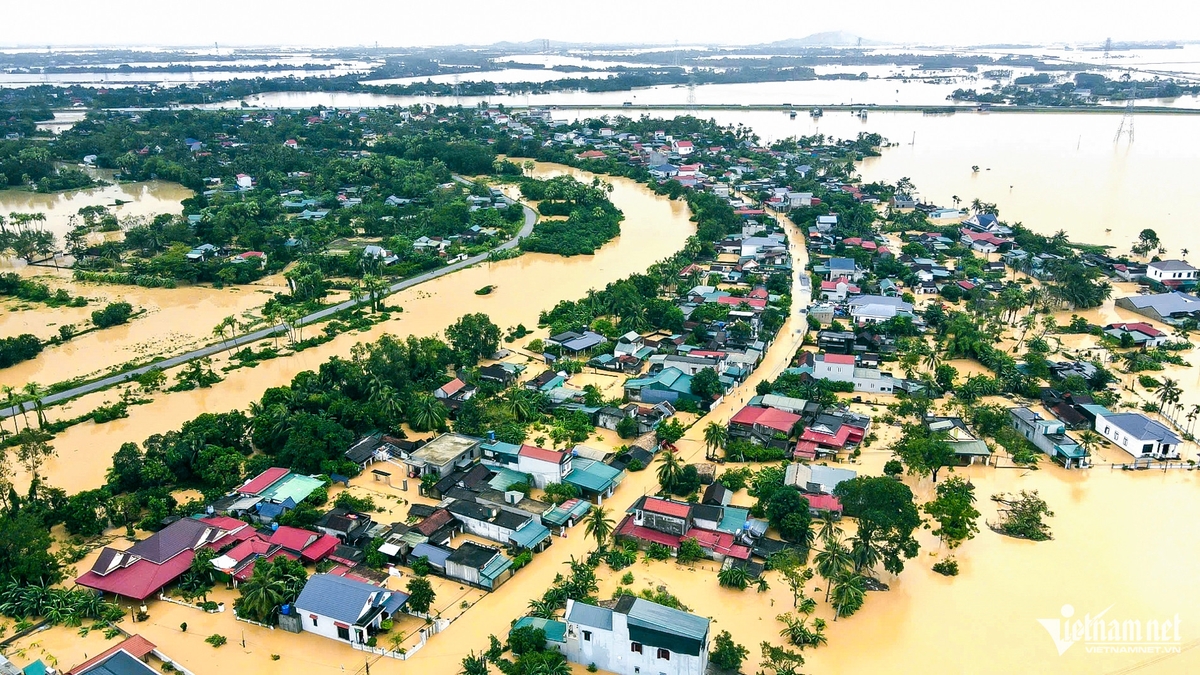
![[Photo] General Secretary To Lam, Secretary of the Central Military Commission attends the 12th Party Congress of the Army](https://vphoto.vietnam.vn/thumb/1200x675/vietnam/resource/IMAGE/2025/9/30/9b63aaa37ddb472ead84e3870a8ae825)
![[Photo] Panorama of the cable-stayed bridge, the final bottleneck of the Ben Luc-Long Thanh expressway](https://vphoto.vietnam.vn/thumb/1200x675/vietnam/resource/IMAGE/2025/9/30/391fdf21025541d6b2f092e49a17243f)
![[Photo] The 1st Congress of Phu Tho Provincial Party Committee, term 2025-2030](https://vphoto.vietnam.vn/thumb/1200x675/vietnam/resource/IMAGE/2025/9/30/1507da06216649bba8a1ce6251816820)








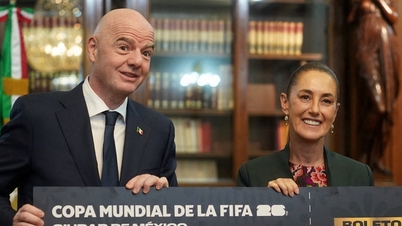

















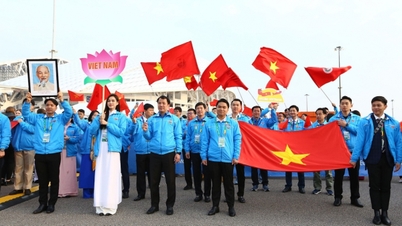


























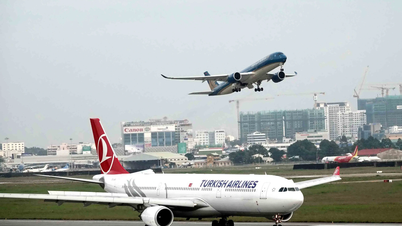
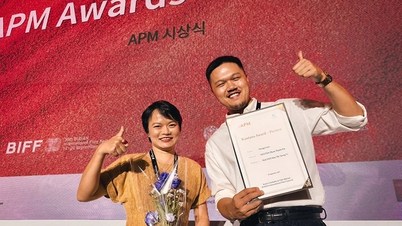



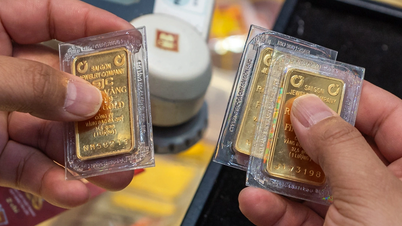









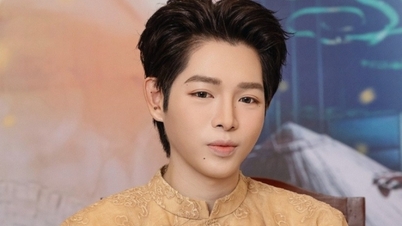

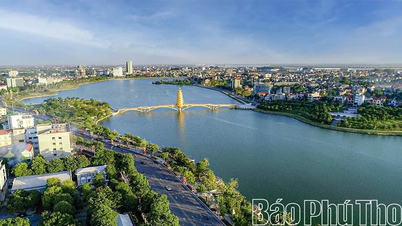


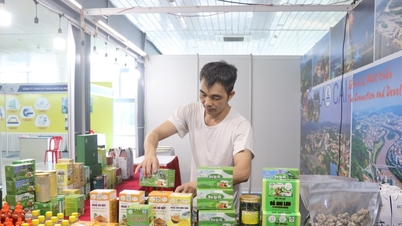


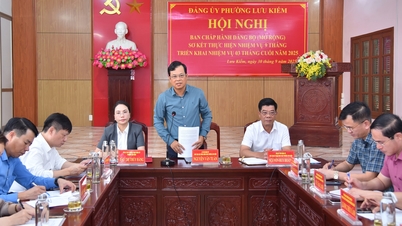













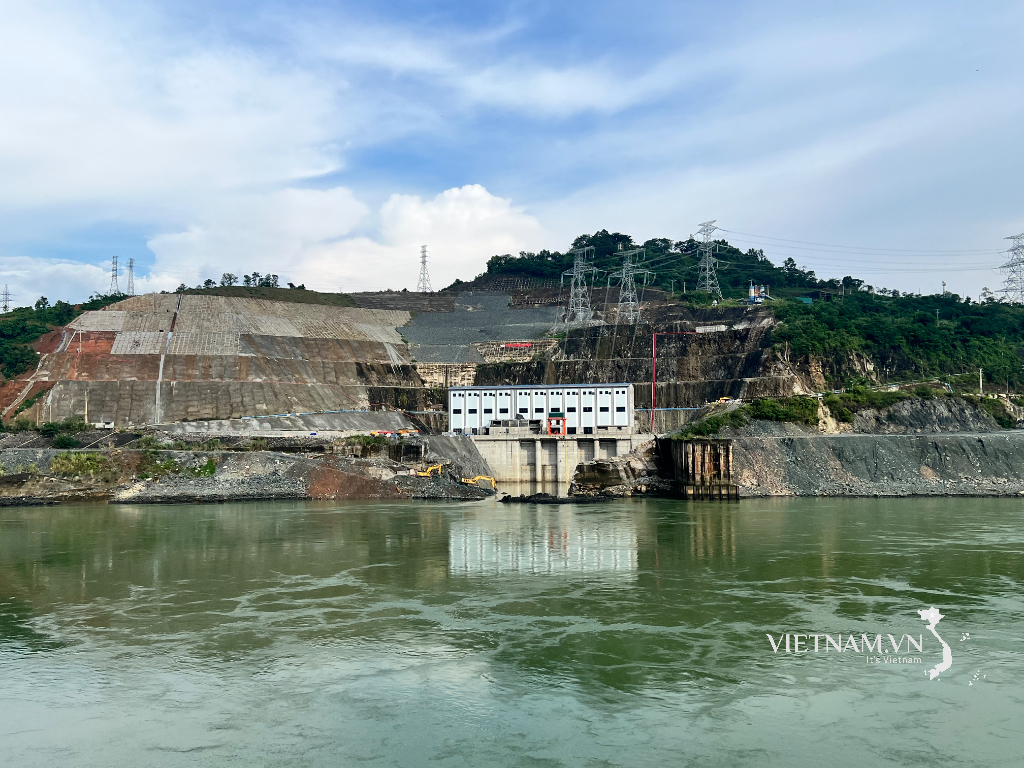

Comment (0)